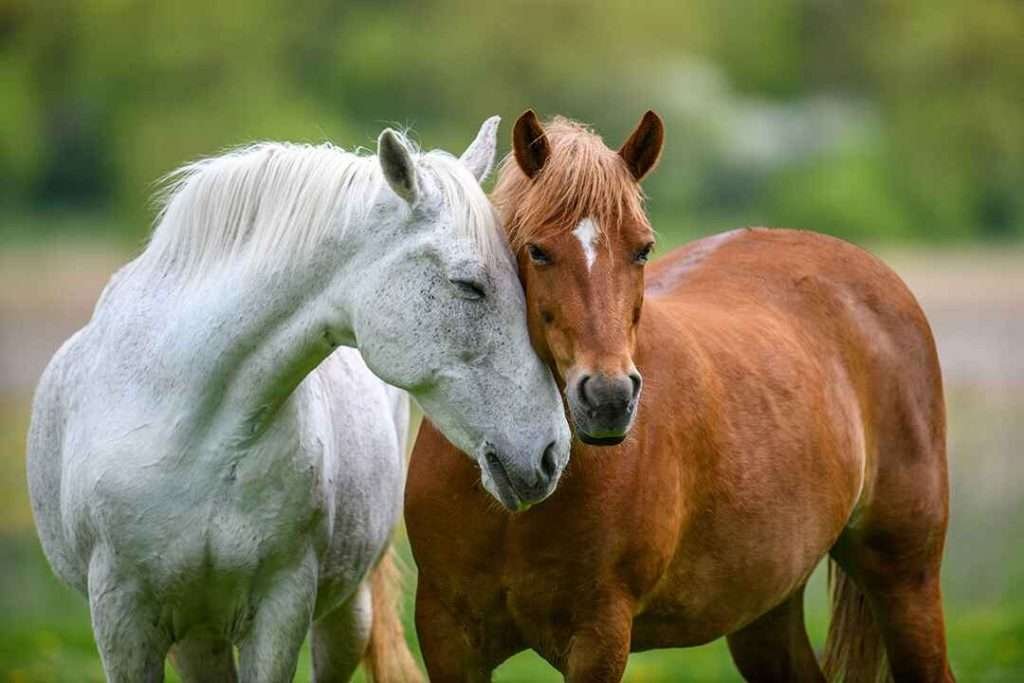Provide fresh water
A horse’s body is made up of about 80% water, so they must have access to fresh, clean water at all times. The average horse needs to drink about 5-7 gallons of water per day, but this amount can vary depending on the climate, activity level, and other factors. So, to keep a horse digestive system healthy a recommended amount of water intake is important.
Horse Trough | Multipurpose Metal, Plastic, and Concrete Trough
Choose High forage and Low in Concentrates Diet
Forage, such as healthy hay and pasture grass, is essential for a horse’s digestive health. It provides the fiber that the horse needs to keep their digestive system moving and healthy. Concentrates, such as grain, should be limited to no more than 10-15% of the horse’s diet.
Feed Quantity for an Ideal Horse Digestive System
A horse’s stomach is small, so it is important to feed horses a small amount of meals throughout the day. This will help to prevent their stomach from becoming too full, digesting easily, and not causing digestive problems.
Avoid any Sudden Changes in the Horse Diet
When making changes to a horse’s diet, do so gradually over several days or better if it takes a bit longer like weeks. This will help to prevent their digestive system from becoming upset.
 How Deworming effect Horse Digestive System
How Deworming effect Horse Digestive System
Parasites can cause a variety of digestive problems in horses, so it is important to deworm them regularly. The frequency of deworming will depend on the type of parasites that are present in stable areas.
 Good Dental Care
Good Dental Care
A horse’s teeth should be checked and floated regularly by a veterinarian. Unhealthy teeth can make it difficult for a horse to chew their food properly, which can lead to digestive problems.
Be aware of digestive problems
Some common signs of digestive problems in horses include diarrhea, constipation, colic, and weight loss. If you notice any of these signs, it is important to consult with a veterinarian as soon as possible.






